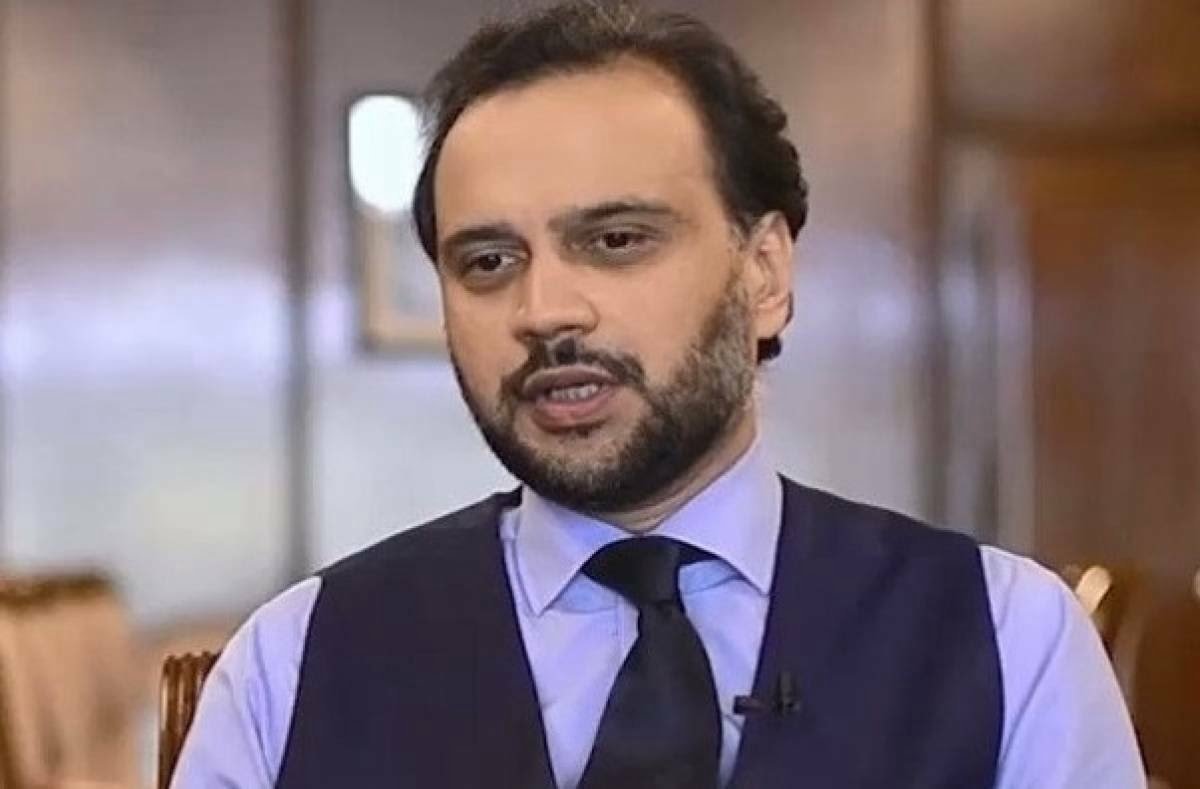Dr. Murtaza Syed, former Governor of the State Bank of Pakistan (SBP), sounded alarm bells on Saturday, describing Pakistan as ensnared in “one of the most severe debt traps globally.” Through a detailed series of posts on a social media platform, Dr. Syed, who also acted as SBP’s governor in 2022, underscored Pakistan’s dire debt situation and advocated for a more cautious approach to restructuring the country’s debt obligations.
“Pakistan is trapped in one of the deadliest debt cycles worldwide. Our governments have amassed excessive debt, largely squandered on non-productive expenditures like consumption. The burden of servicing past debts undermines our ability to invest in development and climate initiatives,” Dr. Syed remarked.
He pointed out that Pakistan spends more on servicing its debt than any other nation globally and anticipated this trend to persist for several years. This predicament, he argued, necessitates punitive and unrealistic tax measures to manage previous debts, leaving inadequate resources for vital investments in Pakistan’s future.
Highlighting stark statistics, Dr. Syed referenced data from the UNCTAD debt dashboard, illustrating Pakistan’s financial challenges compared to other developing nations. He noted that Pakistan allocates a significant 6% of its government revenue to interest payments, surpassing many other developing countries. Moreover, Pakistan’s interest payments consume a staggering 65% of government revenue, ranking second globally after Sri Lanka. This heavy financial burden severely restricts funds available for crucial social expenditures, essential for enhancing the nation’s human capital and promoting economic growth through improved job quality, exports, and foreign investments.
Dr. Syed emphasized that Pakistan’s spending on interest payments is nearly three times higher than its expenditure on education, a ratio second only to Sri Lanka in the developing world. Similarly, the government allocates almost six times more funds to interest payments than to healthcare, trailing only Yemen, Angola, and Egypt in this aspect. This imbalance significantly constrains public investment in education and healthcare, areas crucial for societal development and competitiveness.
Furthermore, Dr. Syed highlighted that Pakistan dedicates twice as much funding to servicing debt interest as it does to investments critical for economic growth. This allocation is notably low, indicating that Pakistan invests only 14% of its GDP, far below the threshold typically required for sustained economic advancement.
Dr. Syed argued that Pakistan’s persistent high interest payments are not solely due to current elevated interest rates, but rather a consequence of its overwhelming debt burden. He warned that even with a hypothetical increase in government revenues by 2% of GDP in the coming years, interest payments would still consume approximately 55% of these revenues, illustrating the unsustainable nature of Pakistan’s debt.
To address these challenges, Dr. Syed suggested boosting government revenue through increased taxation, albeit cautiously due to recent negative experiences in countries like Kenya. He stressed the need for a strategic and sustainable approach to fiscal management to alleviate Pakistan’s debt burden and foster long-term economic stability. In conclusion, Dr. Syed’s assessment painted a stark picture of Pakistan’s debt crisis, urging policymakers to prioritize fiscal prudence and effective debt management strategies to steer the country towards sustainable economic growth and stability.




